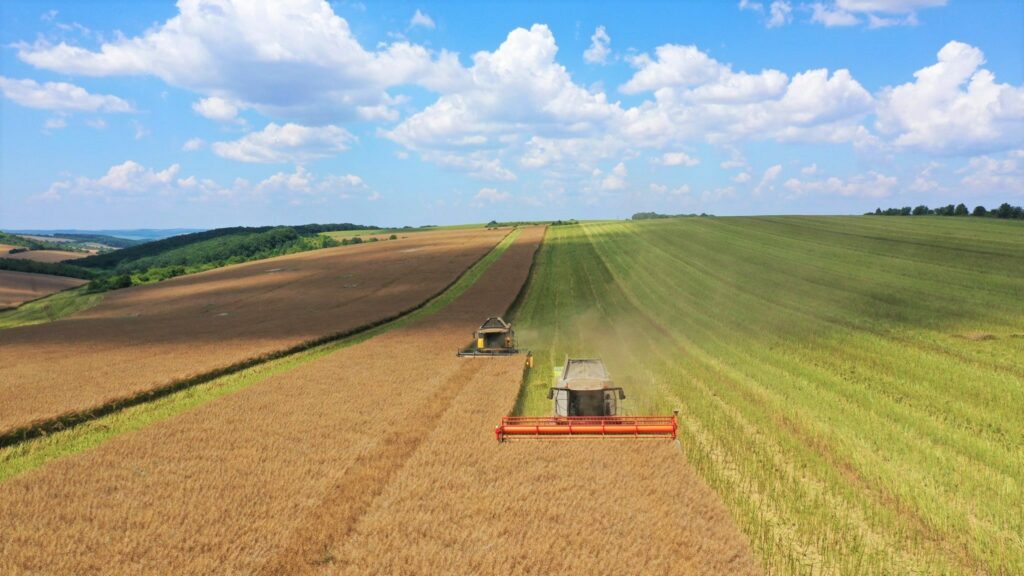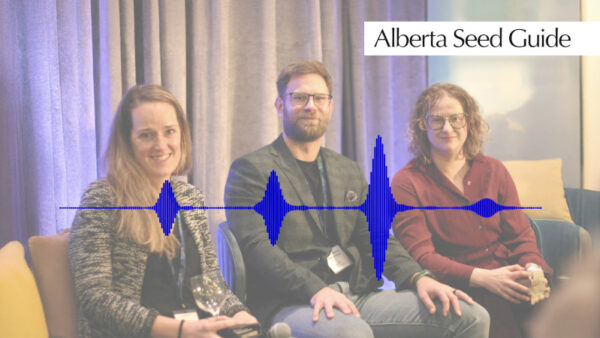Operational excellence is managing the short- and long-term activities in such a way that it generates value, on one side for our customers and shareholders, and on the other side value for our employees and partners and in particular our grower network. It is important to add that data management across the company is key to leverage operational excellence. In our company, an ambitious program has started to increase digitalisation in different processes.
Achieving operational excellence provides added value for your customers, but also has other benefits. Happy employees will generate happy customers and vice versa. In my point of view, making employees happy is not about providing rest rooms or table football, but giving sense and perspective to the daily work, gathering teams around common objectives and challenges, developing people, listening and proximity of the managers. Another benefit is Best Practice sharing because Lidea has 8 factories (in France, Spain, Romania, Ukraine and Russia), which are a wealth of skills.
These are pillars of our leadership model and support operational excellence. It clarifies communications, accelerates problem solving, decision making and action taking, but also reduces wasting time on a global scale and improves getting things right the first time.
But as some of you may know, for operational excellence, you need operational discipline, and this is the key. It is based on three supporting practices:
- leader standard work, which is all the routine that a leader has to execute personally or with a group to ensure control and progress of the business activities.
- visual management to monitor and share key indicators and process control points. This leads to continuous improvement through the execution of our plan and measurement and correction of deviations.
- tier meetings to gather teams and promote collaboration at any level of the organisation around common objectives and ensuring commitment, alignment and communication.
It is important to do the right thing, the right way, every time. For example, in our company, we operate a yearly calendar where we have put tasks to be done, and these are reviewed for example on the supply part during the monthly supply review.
Any factory runs also shift daily tier meetings to ensure that Health, Safety and Environmental Protection (HSE), Quality and Adherence to the plan are under control.
This routine helps us to save time, by anticipating, accelerating and adapting when necessary and this frees up time for creativity.
As we all know, even best in class companies have to manage claims or non-conformities. We aim to delegate decision in a structured way, close to the value creation and apart from that, we share lessons learned from errors and use it as an opportunity to improve.








